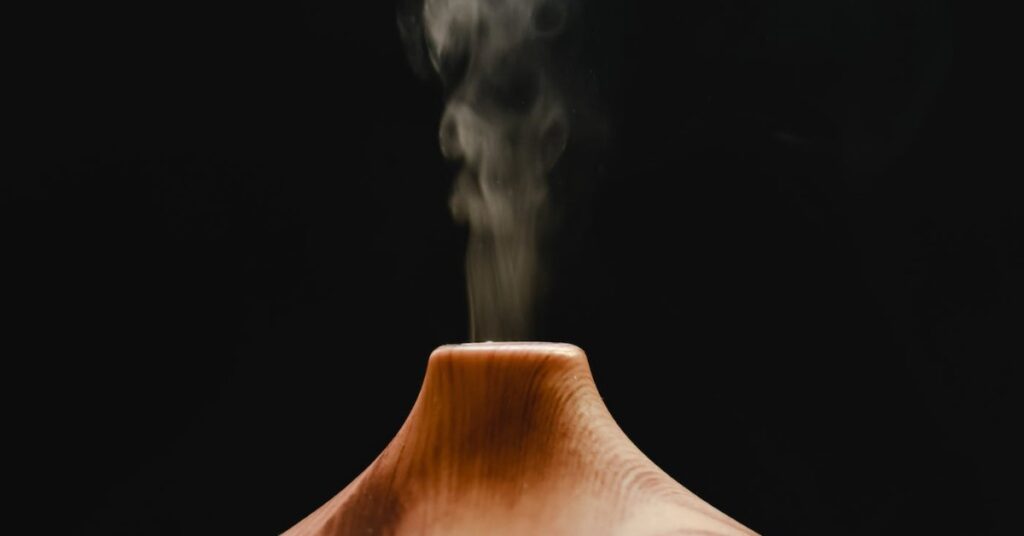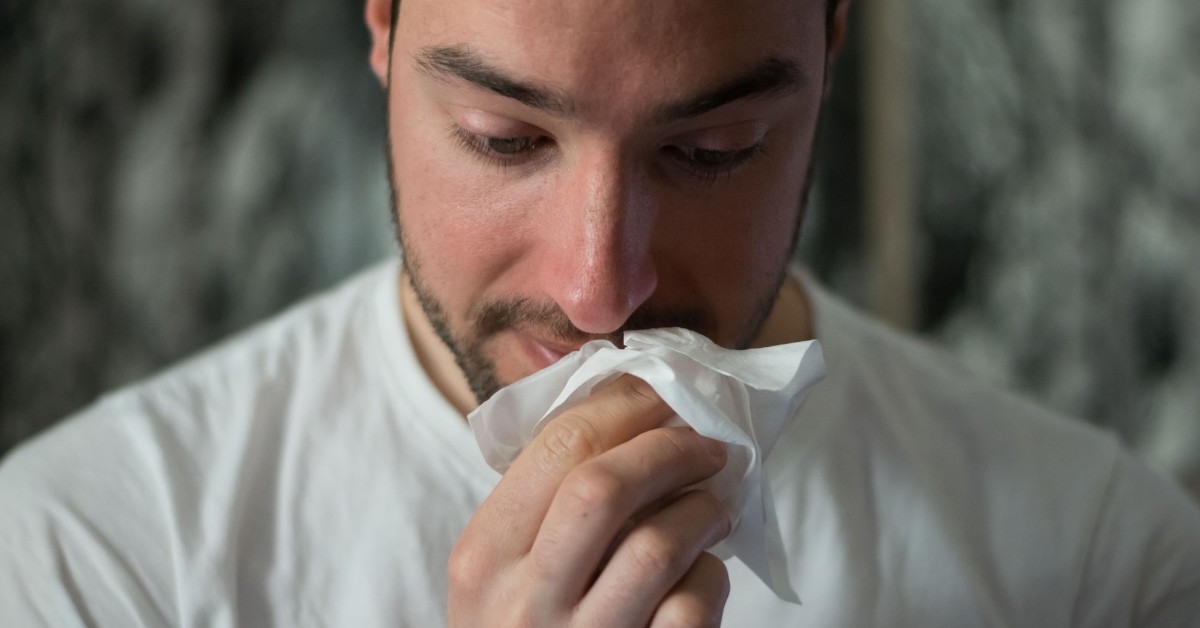Insomnia is a sleep disorder that affects many individuals worldwide, characterized by difficulty falling asleep, staying asleep, or waking up too early. While professional medical help is recommended for insomnia, natural home remedies can help alleviate symptoms. Here are some step-by-step home remedies for insomnia:
Exercise
Regular exercise can help improve sleep quality by reducing stress and anxiety, promoting relaxation, and increasing the production of sleep-regulating hormones such as melatonin. Additionally, exercise can improve overall physical health and energy levels, contributing to better sleep.
Step-by-step: Start with 10-15 minutes of light exercise, such as walking or yoga, and gradually increase the duration and intensity. Aim for at least 30 minutes of exercise most days of the week. (1)
Healthy Diet
A healthy diet can improve sleep quality by regulating blood sugar levels and supporting the production of sleep-regulating hormones. In addition, certain foods, such as cherries, kiwis, and almonds, contain melatonin, which can promote sleep. Conversely, consuming caffeine, alcohol, and heavy meals before bedtime can disrupt sleep.
Step-by-step: Eat a balanced diet with plenty of fruits, vegetables, whole grains, lean protein, and healthy fats. Avoid caffeine, alcohol, and heavy meals before bedtime. (2)
Meditation
Meditation can help reduce stress and anxiety, leading to relaxation and improved sleep quality. Meditation can promote sleep by calming the mind by focusing on the present moment and avoiding racing thoughts. Additionally, regular meditation can lead to increased awareness of sleep patterns and the ability to recognize and address factors disrupting sleep.
Step-by-step: Find a quiet, comfortable place to sit or lie down. Close your eyes and focus on your breath. If your mind wanders, gently bring your attention back to your breath. Start with a few minutes and gradually increase the duration over time. (3)

Valerian Root
Valerian root is an herb commonly used as a sleep aid. The herb contains compounds that may promote relaxation and improve sleep quality. Valerian root is available in various forms, including capsules, tablets, teas, and tinctures. However, it can interact with certain medications, so it is important to consult a healthcare professional before using it.
Step-by-step: Take 400-900mg of valerian root extract 30 minutes before bedtime. It may take several weeks to see improvement. (4)
Buy Valerian Root from Amazon now.
Aromatherapy
Aromatherapy with essential oils such as lavender and chamomile can promote relaxation and improve sleep quality. These essential oils can be diffused into the air or applied topically.
Step-by-step: Use a diffuser to disperse essential oils into the air, or apply a few drops of oil to a cloth and place it near your pillow. (5)
Buy Essential Oil & Diffuser from Amazon now.
Disclaimer: While these home remedies can help alleviate insomnia symptoms, it is important to consult a healthcare professional if the symptoms persist or worsen.
Sources:
(1) Youngstedt, S. D., & Kline, C. E. (2006). Epidemiology of exercise and sleep. Sleep and biological rhythms, 4(3), 215-221.
(2) St-Onge, M. P., & Grandner, M. A. (2017). Sleep and obesity: interaction likely implies bidirectional causal pathways. In Handbook of sleep research (pp. 605-612). Springer.
(3) Black, D. S., O’Reilly, G. A., Olmstead, R., Breen, E. C., & Irwin, M. R. (2015). Mindfulness meditation and improvement in sleep quality and daytime impairment among older adults with sleep disturbances: a randomized clinical trial. JAMA internal medicine, 175(4), 494-501.
(4) Bent, S., Padula, A., Moore, D., Patterson, M., & Mehling, W. (2006). Valerian for sleep: a systematic review and meta-analysis. The American journal of medicine, 119(12), 1005-1012.
(5) Perry, N., Perry, E., & Howes, M. J. (2019). Medicinal plants and Alzheimer’s disease: from ethnobotany to phytotherapy. Journal of pharmacy and pharmacology, 71(2), 147-159.







